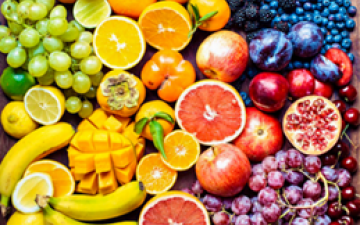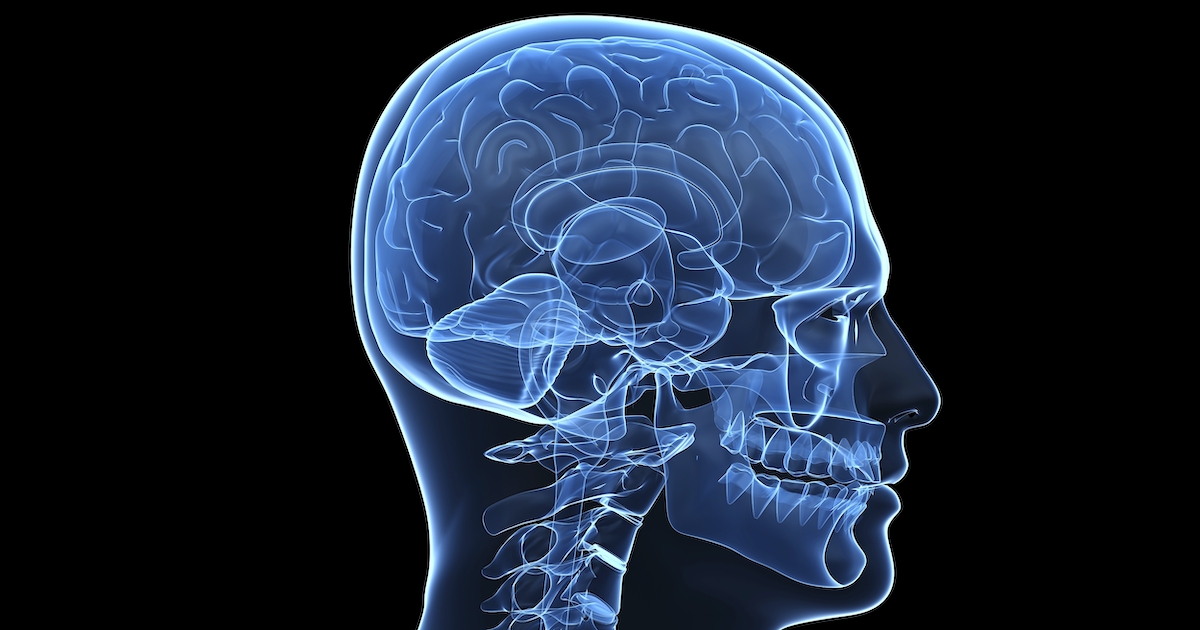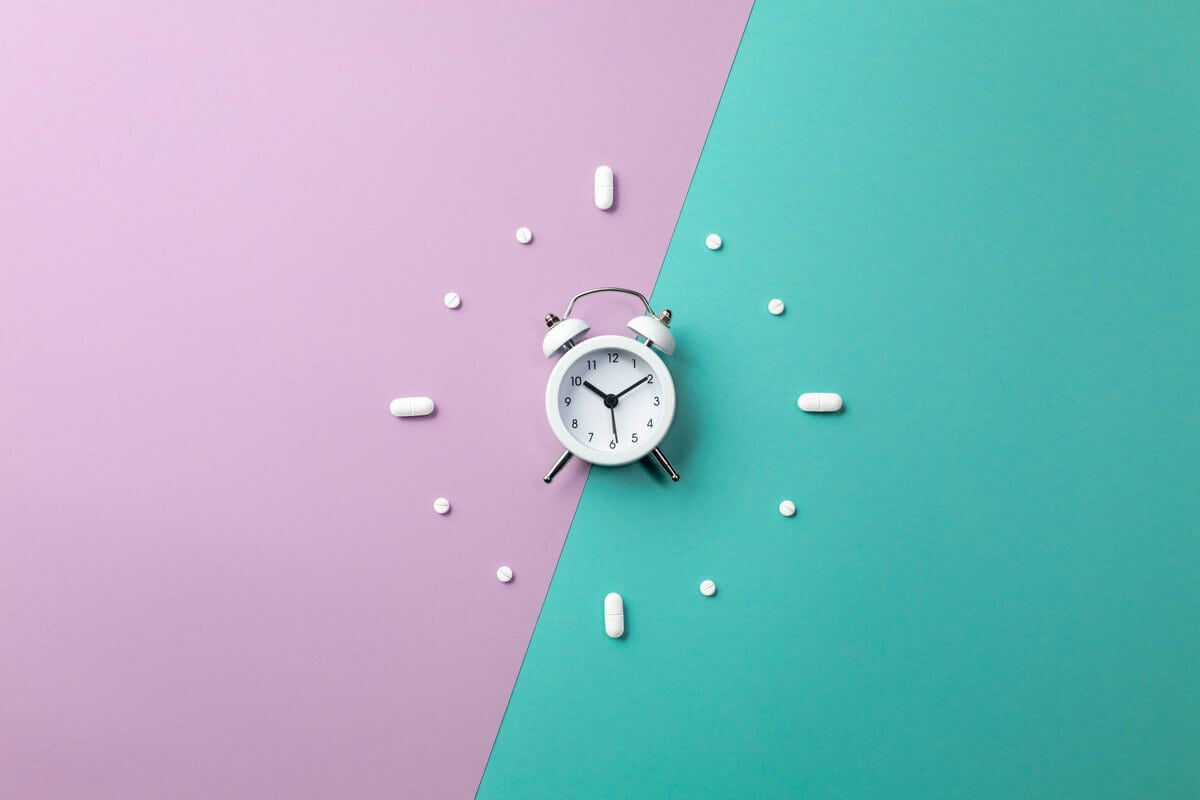Rinse & rePeat
Member
- Joined
- Mar 10, 2021
- Messages
- 21,521
“All fruits (cherries, grapes, blueberries and raspberries) except strawberries are good for breakfast, but they should not be eaten in the evening, except for grapes.”

 ayurvedasofia.bg
ayurvedasofia.bg

Guide to Ayurvedic Fruit Consumption | Ayurveda Sofia
🍎 Learn when, how, how much and what fruits you should consume according to the teachings of the ancient medical philosophy Ayurveda! 🍇🍊
 ayurvedasofia.bg
ayurvedasofia.bg





